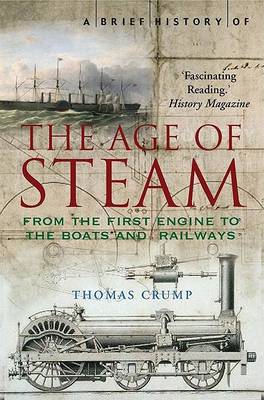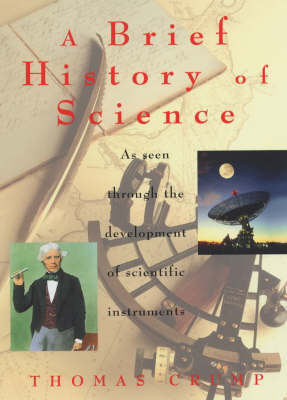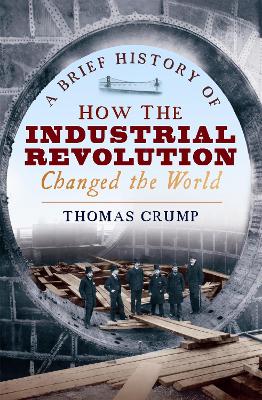Brief Histories
3 total works
In 1710 an obscure Devon ironmonger Thomas Newcomen invented a machine with a pump driven by coal, used to extract water from mines. Over the next two hundred years the steam engine would be at the heart of the industrial revolution that changed the fortunes of nations.
Passionately written and insightful, A Brief History of the Age of Steam reveals not just the lives of the great
inventors such as Watts, Stephenson and Brunel but also tells a narrative that reaches from the US to the expansion of China, India and South America and shows how the steam engine changed the world.
A Brief History of How the Industrial Revolution Changed the World
by Thomas Crump
From the beginning of the eighteenth century to the high water mark of the Victorian era, the world was transformed by a technological revolution the like of which had never been seen before. Inventors, businessmen, scientists, explorers all had their part to play in the story of the Industrial Revolution and in this Brief History Thomas Crump brings their story to life, and shows why it is a chapter in English history that can not be ignored.
Previous praise for Thomas Crump's A Brief History of Science:
'A serious and fully furnished history of science, from which anyone interested in the development of ideas . . . will greatly profit.' A. C. Grayling, Financial Times
'Provides an enduring sense of the extraordinary ingenuity that defines our relationship with nature.' Guardian
'An excellent account . . Crump writes with authority.' TLS


